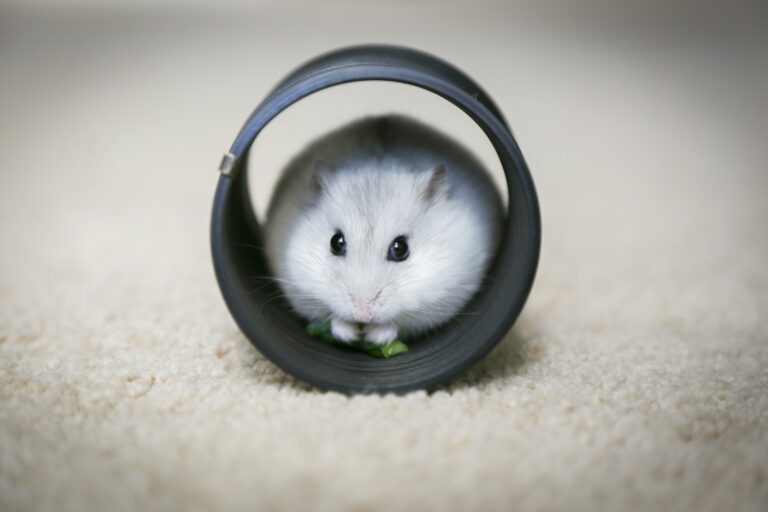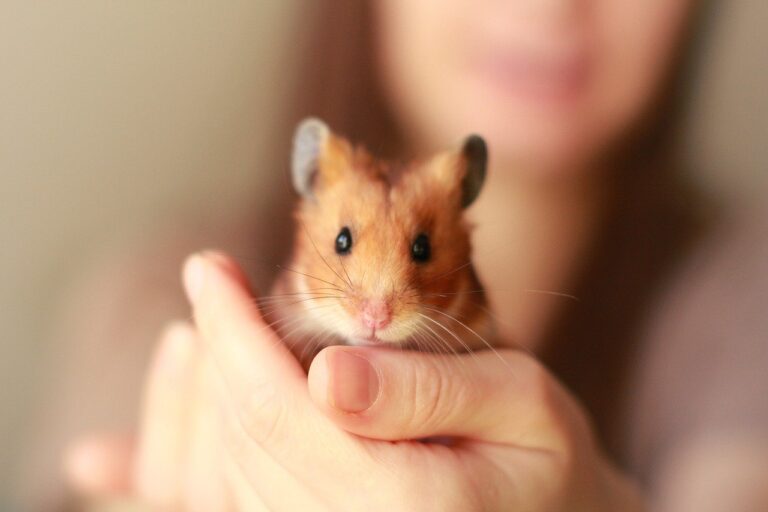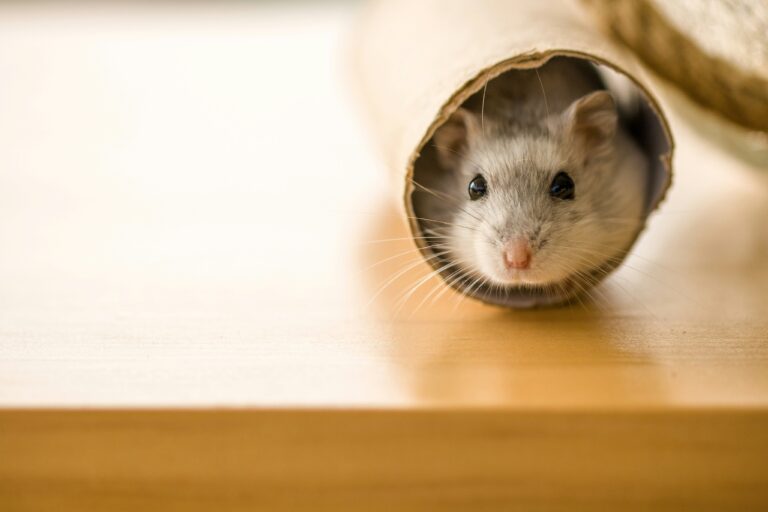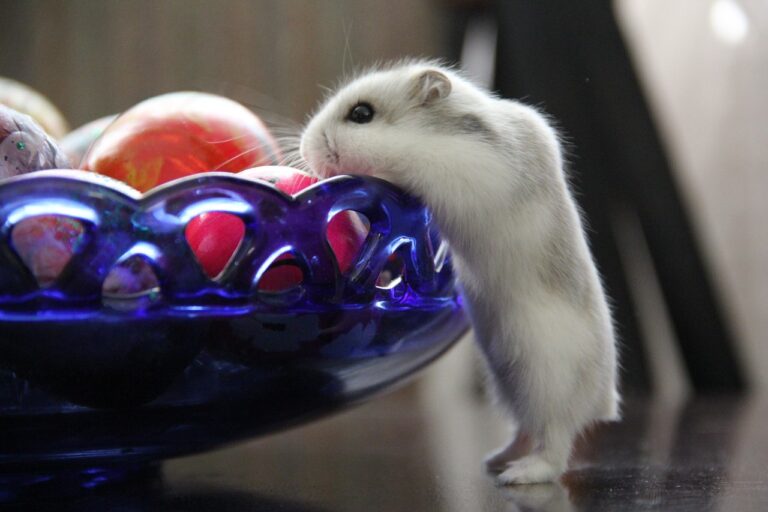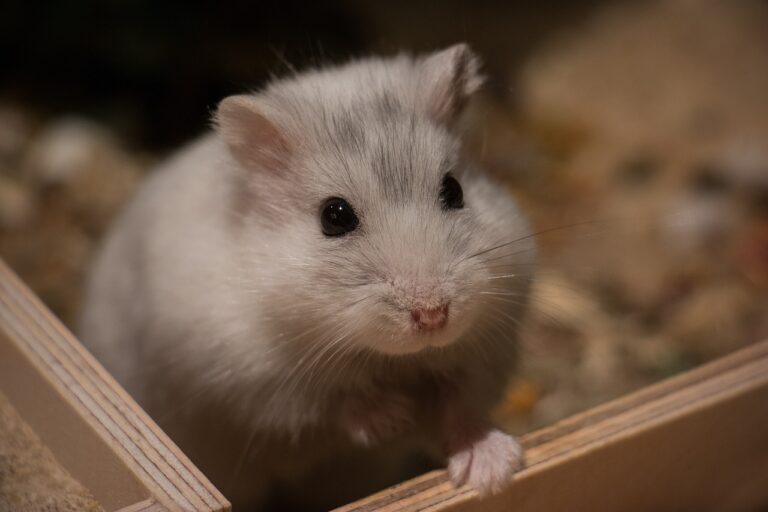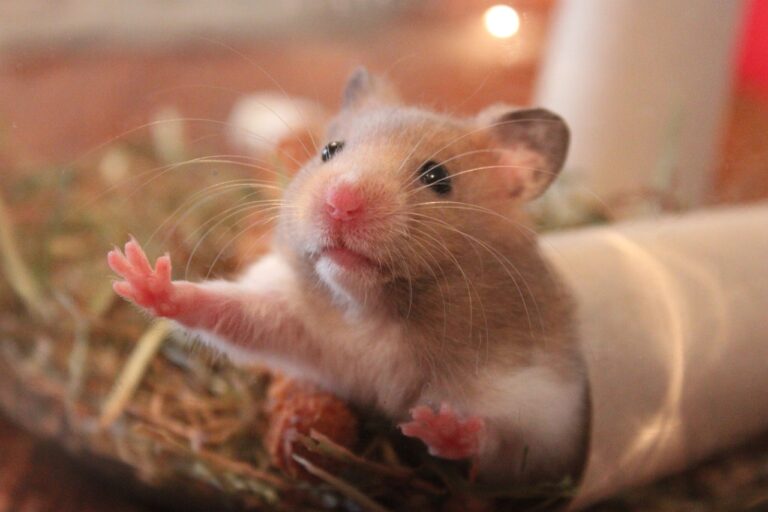Rats, Mice, or Hamsters? What is the Best Small Pet for You?
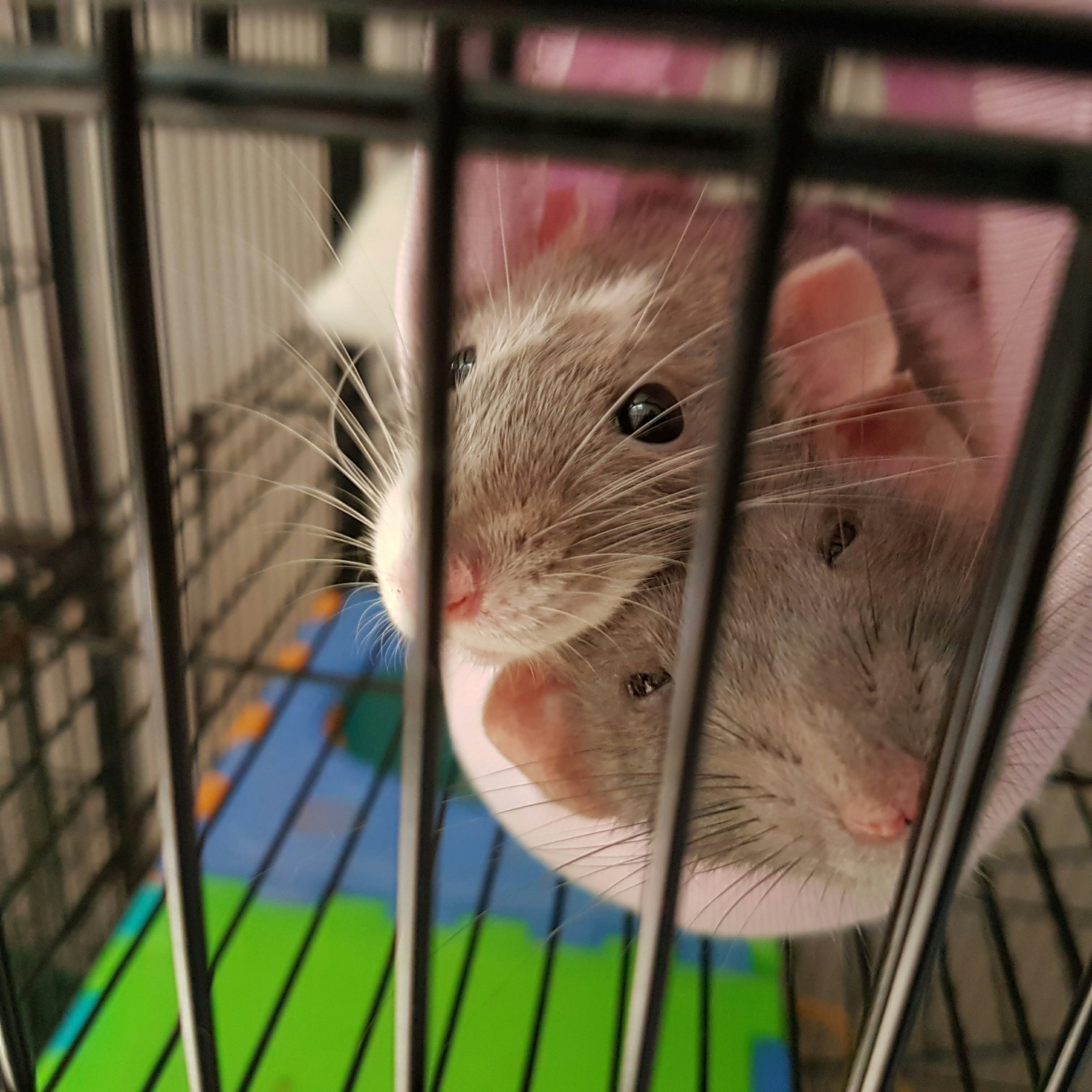
Choosing the right small pet can be a fun but challenging decision! Rats, mice, and hamsters are popular choices, each with unique traits, care needs, and personalities. Understanding these differences can guide you to the perfect companion that suits your lifestyle and preferences.
In this article, we will compare these three popular pets, examining their characteristics, care requirements, and why one might be a better fit for you over the others.
Rats: Intelligent and Social Companions
Personality and Behavior
Rats are known for their intelligence and social nature. They form strong bonds with their owners and exhibit playful, curious behaviors. Rats can learn tricks, recognize their names, and even show affection by grooming their human companions! Their social structure means they thrive in pairs or groups, making interaction and companionship crucial for their well-being.
Rats are also highly adaptable and can live in a variety of environments. They enjoy exploring and can be quite adventurous, often displaying a keen interest in their surroundings. This curiosity makes them fun to watch and interact with, as they can be taught to navigate mazes, retrieve objects, and even respond to simple commands.
Care Requirements
Housing: Rats need spacious cages with multiple levels to explore. Wire cages with solid floors are ideal, providing room for climbing and activities. The minimum recommended size for a pair of rats is 2 cubic feet of space per rat, though more space is always better.
Diet: A balanced diet of pellets, supplemented with fresh fruits, vegetables, and occasional treats, will keep your rat healthy. Foods like cooked eggs, chicken, and pasta can also be given in moderation. Don’t forget to always provide fresh water!
Health: Regular vet check-ups are beneficial because rats can be prone to respiratory issues and tumors. Signs of illness include lethargy, labored breathing, and changes in eating or grooming habits. If you notice any significant changes in your rat’s behavior, it may be a good idea to consult your vet.
Enrichment: Rats are smart! To keep them from getting bored, provide plenty of enrichment items, like toys and tunnels. Rats enjoy a variety of toys, including ropes, ladders, and puzzle feeders. Regular interaction with your rat will also do wonders for not only its mental health, but maybe yours too!
Why Choose a Rat?
Rats are perfect for those seeking an interactive, intelligent pet that enjoys human company. Their ability to bond closely with owners makes them rewarding pets. However, they do require significant social interaction and enrichment, so they’re best suited for individuals who can dedicate time to their care. Rats are also relatively low-maintenance in terms of grooming, as they keep themselves clean, but their cages can get a little stinky if not cleaned regularly.
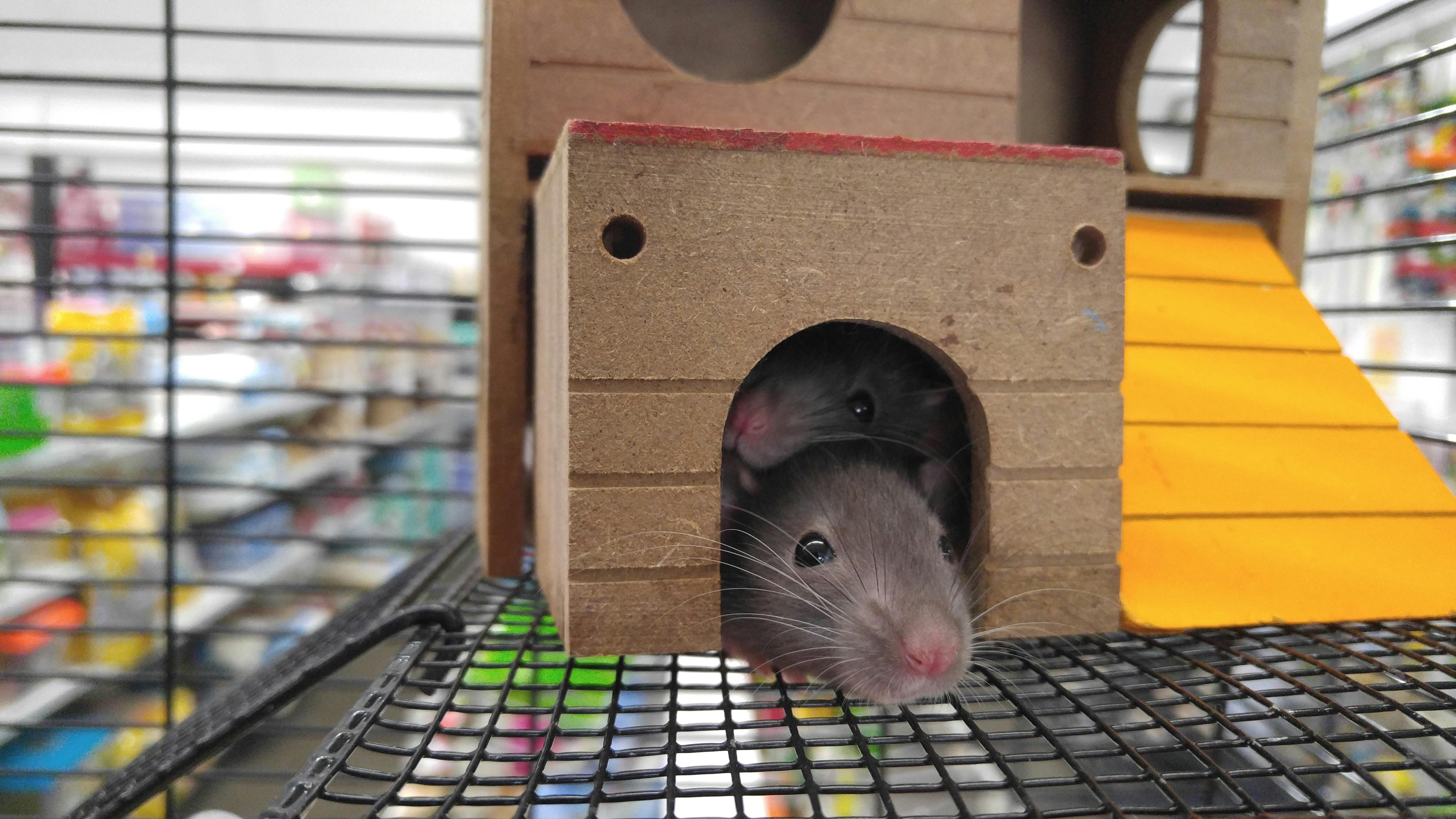
Mice: Small but Lively Pets
Personality and Behavior
Mice are small, active, and curious pets. They are less likely to bond with humans as strongly as rats but are entertaining to watch. Mice are more independent and can be skittish, though with gentle handling, they can become tame and enjoy being held. They are social animals and do best when kept in groups of the same sex to prevent accidental babies.
Mice have a playful side and can often be seen running on their wheels, exploring tunnels, and playing with various toys! Their small size and quick movements make them fascinating to observe, especially when they interact with their environment.
Care Requirements
Housing: Mice need a well-ventilated cage with a secure lid, as they are excellent escape artists. A tank or a wire cage with a solid base works well. The cage should have plenty of hiding spots and nesting materials to mimic their natural habitat.
Diet: A diet of high-quality pellets, seeds, grains (like rolled oats), and fresh vegetables keeps mice healthy. Treats should be given sparingly to avoid obesity. Mice also enjoy occasional protein snacks like cooked eggs, chicken, or mealworms. Fresh water should always be available.
Health: Mice generally have fewer health issues than rats, but regular health checks are still important. Common problems include respiratory infections and tumors.
Enrichment: Providing wheels, tunnels, and nesting materials helps keep mice active and stimulated. They also enjoy chew toys to help keep their teeth in good condition.
Why Choose a Mouse?
Mice are ideal for those who want a low-maintenance pet that doesn’t require constant interaction. Their small size and lively nature make them fascinating to observe. They’re a good choice for people with limited space who want pets with minimal care requirements. Mice are relatively inexpensive to keep and can be housed in smaller living spaces, making them suitable for apartments or small homes.
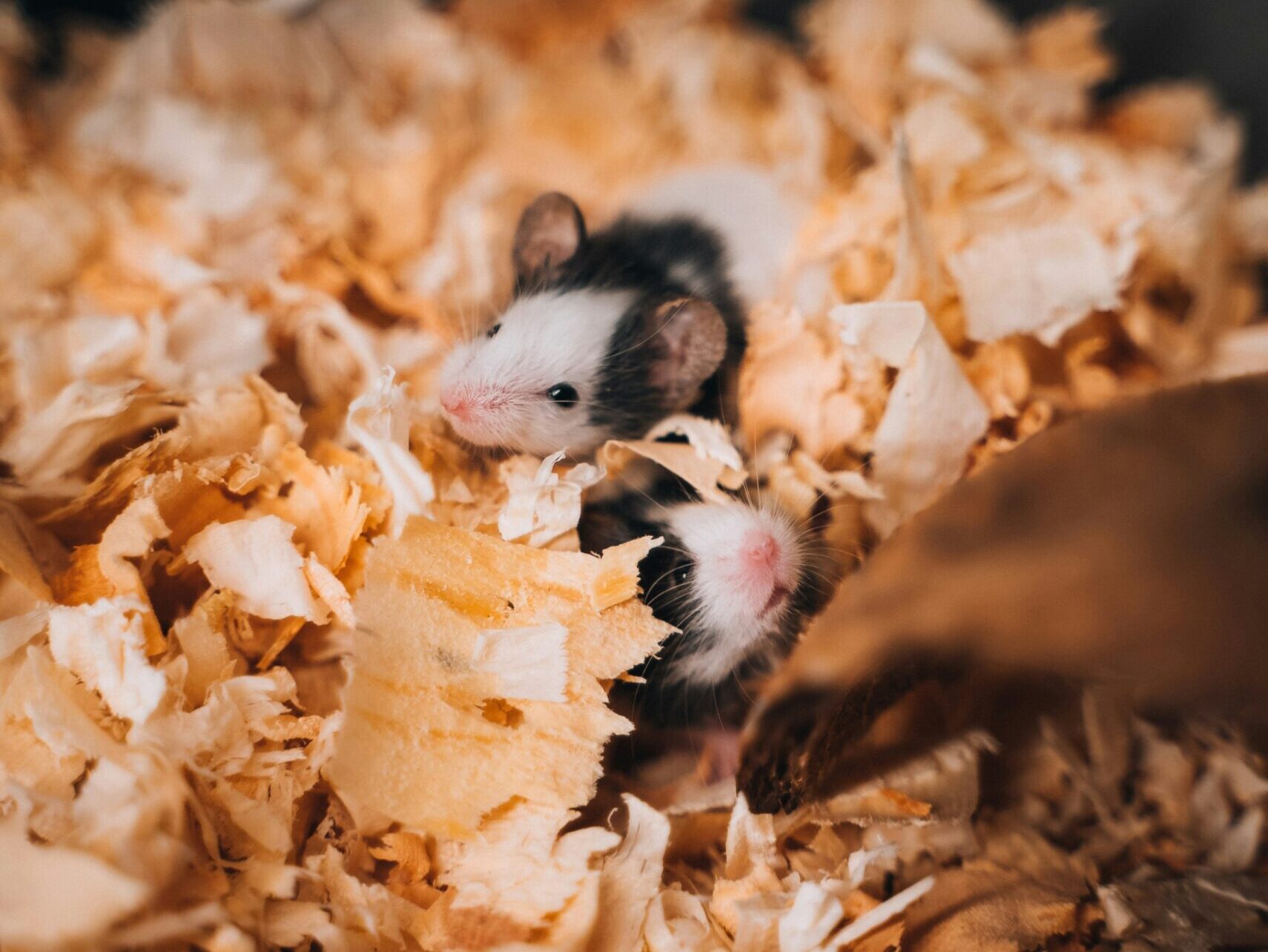
Hamsters: Solitary and Territorial Pets
Personality and Behavior
Hamsters are known for their solitary nature and can be territorial, especially with other hamsters. They are nocturnal, meaning they are most active during the night. Hamsters can be friendly and enjoy being handled, but they require gentle, patient training to become comfortable with human interaction. It’s important to handle them regularly from a young age to help them become accustomed to human contact.
Hamsters come in various breeds, with Syrian hamsters being the most common. Dwarf hamsters are smaller and can sometimes be kept in pairs if introduced at a young age, but Syrian hamsters should always be kept alone to prevent fighting.
Care Requirements
Housing: A spacious cage with plenty of bedding for burrowing is essential! Hamsters enjoy tunnels, wheels, and hideouts. The minimum recommended size for a hamster cage is 2 square feet of floor space.
Diet: A balanced diet of hamster pellets, seeds, grains, and fresh vegetables will keep your hamster happy and healthy. Protein treats like cooked egg, chicken, and mealworms can be given occasionally. Fresh water should always be available.
Health: Hamsters can suffer from dental issues and cheek pouch problems, so regular vet visits are important. Signs of illness include changes in eating habits, lethargy, and unusual behaviors.
Enrichment: Hamsters need a variety of toys and activities to keep them mentally and physically stimulated. They enjoy running wheels, chew toys, and tunnels for exploring.
Why Choose a Hamster?
Hamsters are perfect for individuals who prefer a pet that enjoys solitude and doesn’t require constant social interaction. They are great for people who have busy daytime schedules and can interact with their pet in the evening. Their ability to entertain themselves with various activities makes them an ideal choice for those seeking a more independent pet. Hamsters are also relatively easy to care for, with their primary needs being food, water, and a clean habitat.
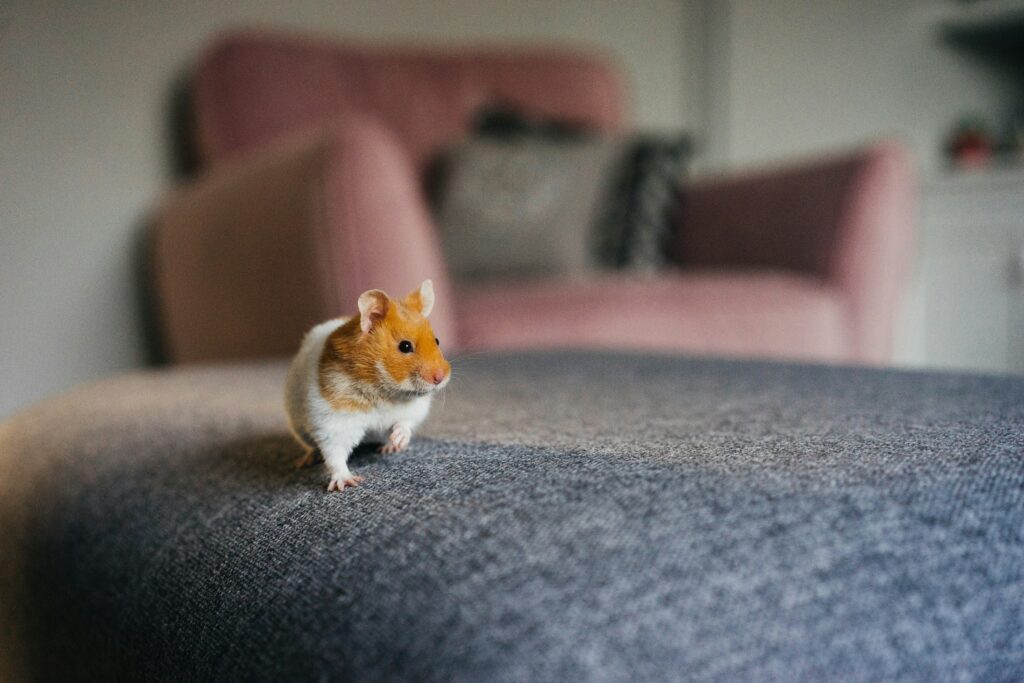
Comparing Rats, Mice, and Hamsters
Social Interaction
Rats: Highly social, need companionship from either other rats or their owners. They form strong social bonds and can become depressed if left alone for long periods.
Mice: Social with their own kind, but can be content with less direct human interaction. They do best in groups and enjoy the company of other mice.
Hamsters: Typically prefer to live alone, and can become aggressive if housed with others. They do not require social interaction with other hamsters but can bond with their human caretakers.
Activity Levels
Rats: Active and playful, require plenty of stimulation and interaction. They enjoy exploring new environments and can learn to perform various tricks.
Mice: Active and lively, enjoy exploring and playing in their environment. They are constantly on the move and need plenty of activities to keep them occupied.
Hamsters: Nocturnal, most active at night, and need opportunities for burrowing and climbing. They can be quite energetic during their active hours but tend to rest during the day.
Space and Housing Needs
Rats: Require large, multi-level cages with plenty of room to explore. They need ample space for climbing, playing, and socializing.
Mice: Need secure, well-ventilated cages with ample space for activities. A tank or wire cage with plenty of nesting materials and toys is ideal.
Hamsters: Require spacious cages with deep bedding for burrowing and plenty of hiding spots. A variety of toys and tunnels helps keep them entertained.
Dietary Needs
Dietary needs are very similar between rats, mice, and hamsters. All three of these pets are omnivores, so a good diet for them consists of species specific pellets, fresh veggies, limited grains, such as rolled oats, occasional fruit treats, and occasional protein treats such as cooked egg, cooked chicken, or meal worms.
Handling and Taming
Rats: Generally easy to tame, enjoy being handled, and can learn tricks. They are intelligent and can be trained to respond to their names and perform simple tasks.
Mice: Can be tamed with gentle handling, but may remain skittish. Patience and regular interaction are key to building trust.
Hamsters: Require patient handling to become comfortable, may take time to tame. Regular, gentle interaction helps them become accustomed to being held.
Health and Lifespan
Rats: Typically live 2-3 years, can be prone to respiratory issues and tumors. Regular vet check-ups and a clean living environment are crucial.
Mice: Live around 1.5-2 years, generally have fewer health issues. Maintaining a clean cage and providing a balanced diet helps keep them healthy.
Hamsters: Have a lifespan of about 2-3 years, can suffer from dental issues and cheek pouch problems. Regular health checks and proper care are important for their well-being.
Cost of Ownership
Rats: Initial setup costs can be higher due to the need for larger cages and more enrichment items. Ongoing costs include food, bedding, and veterinary care.
Mice: Generally inexpensive to keep, with lower initial setup and ongoing costs. They require fewer supplies and less food than rats.
Hamsters: Moderate initial setup costs, with ongoing expenses for food, bedding, and occasional vet visits. Their solitary nature means you only need to provide for one pet.
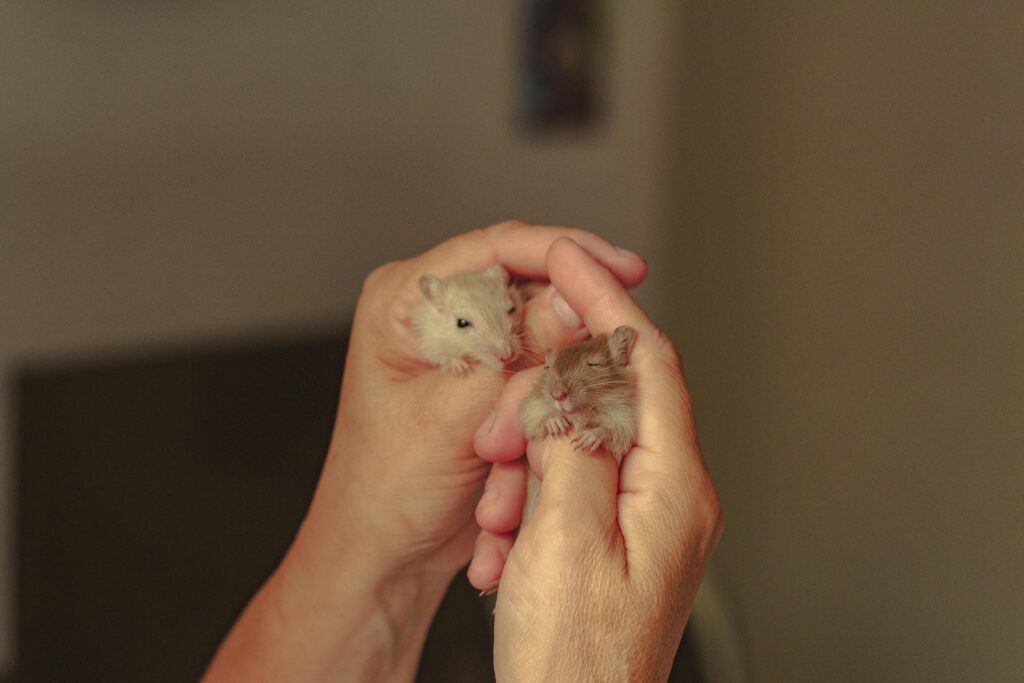
Frequently Asked Questions
Are rats cleaner than mice and hamsters?
Rats are relatively clean animals, often grooming themselves and their cage mates. They can be litter trained, making cage maintenance easier. Mice and hamsters also groom themselves, but their cages can become messy quickly if not cleaned regularly.
Do rats, mice, or hamsters live longer?
Rats and hamsters are typically longer lived than mice, averaging 2-3 years. Mice typically live around 1.5-2 years. Lifespan can vary based on breed, genetics, and care quality.
Which small pet is best for children?
Rats are often recommended for children due to their social nature and ease of handling. However, older children might enjoy the independence of mice or hamsters, as long as they understand the handling requirements.
Do these pets require vet visits?
Yes, all small pets benefit from regular vet check-ups to monitor their health. Rats, in particular, may need more frequent visits due to their susceptibility to certain health issues.
Can these pets live together?
No, it’s not advisable to house different species together. Rats, mice, and hamsters have different social structures and territorial behaviors, leading to potential stress or aggression. Rats in particular are often predators to their smaller rodent cousins, so even the smell of rat has been known to stress mice.
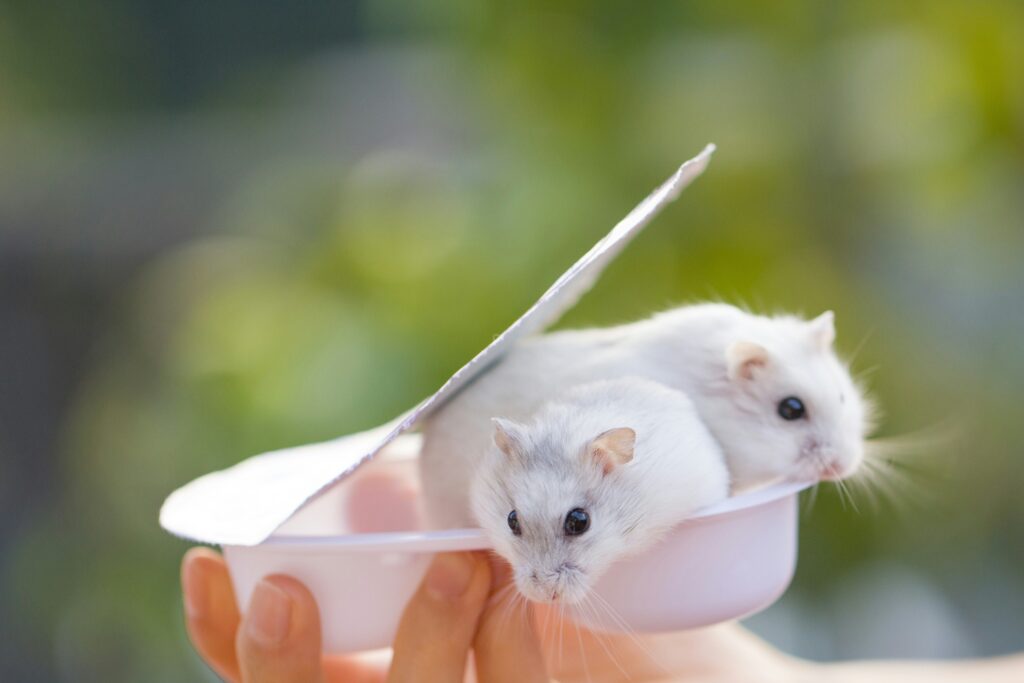
Conclusion
Choosing between rats, mice, and hamsters as pets depends largely on your lifestyle and what you’re looking for in a companion. Rats offer intelligence and social interaction, making them ideal for those who can dedicate time to their pets. Mice provide lively entertainment and are relatively low-maintenance, perfect for smaller living spaces. Hamsters are independent and prefer solitude, making them suitable for individuals who appreciate a pet that can entertain itself.
Each of these small pets has its own charm and can bring joy to your life with proper care and understanding of their unique needs!

